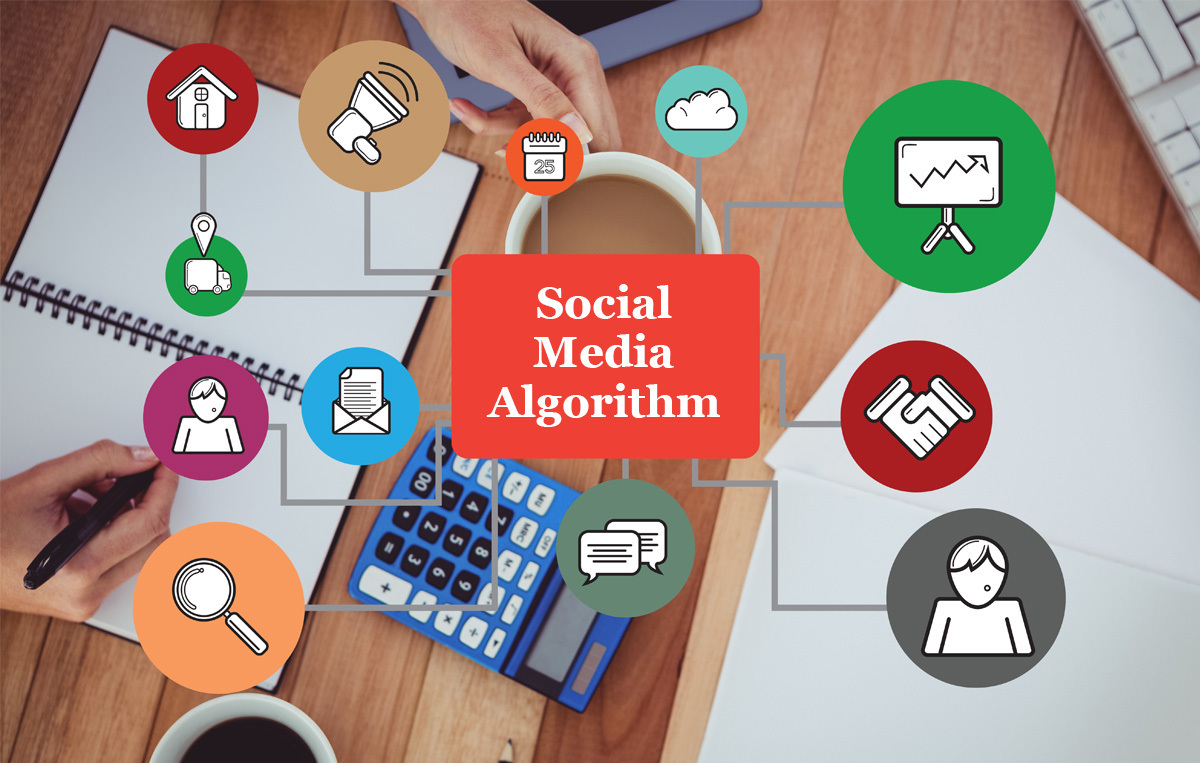Social media algorithms are a significant force in the digital age, steering the content we see and influencing our online experiences. These algorithms, designed to curate and present information based on user behavior, have a profound impact on our lives. This article delves into how social media algorithms work, their effects on society, and the broader implications for individuals and communities.
Understanding Social Media Algorithms
At the core of most social media platforms lies a complex algorithm designed to personalize content for each user. These algorithms analyze a user’s interactions, such as likes, shares, comments, and the time spent on posts, to determine what content is most relevant. By leveraging data-driven insights, these algorithms aim to enhance user engagement by showing content that aligns with individual preferences.
For example, if you frequently interact with posts related to technology, the algorithm will prioritize similar content in your feed. This personalization aims to keep users engaged and active on the platform by providing a tailored experience.
The Effects on User Behavior
Social media algorithms significantly shape user behavior by reinforcing existing preferences and behaviors. When users consistently engage with certain types of content, the algorithm recognizes these patterns and amplifies them. This creates a feedback loop where users are continuously exposed to content that aligns with their past interactions.
This phenomenon can lead to a narrowed view of information, where users are primarily exposed to content that confirms their existing beliefs and interests. The result is a highly curated experience that may limit exposure to diverse perspectives and information. This selective exposure can contribute to the formation of echo chambers, where users are surrounded by similar viewpoints and less likely to encounter differing opinions.
Influence on Social and Political Discourse
The impact of social media algorithms extends beyond individual user experience and affects broader social and political discourse. Algorithms have been criticized for their role in amplifying sensational or controversial content, as such posts often generate higher engagement. This can result in the spread of misinformation and the polarization of public opinion.
During elections or significant political events, algorithms can influence the dissemination of information by prioritizing content that elicits strong emotional reactions. This amplification of polarized or misleading content can sway public perception and contribute to a fragmented information landscape.
Implications for Mental Health
The design of social media algorithms also has implications for mental health. By prioritizing content that garners higher engagement, algorithms can create pressure for users to conform to certain standards or trends. This can lead to comparison and competition, as users measure their own lives against curated representations of others’ lives.
Moreover, the constant exposure to idealized images and lifestyles can contribute to feelings of inadequacy and anxiety. The pressure to maintain an appealing online presence can exacerbate stress and impact overall well-being. Understanding how algorithms influence these dynamics is crucial for addressing the mental health challenges associated with social media use.
Addressing Algorithmic Impact
Addressing the impact of social media algorithms requires a multifaceted approach. Greater transparency about how algorithms function and how content is prioritized can help users make more informed decisions about their online behavior. Platforms can also take steps to promote diverse content and reduce the amplification of sensational or misleading information.
Users, too, can play a role by actively seeking out diverse sources of information and being critical of the content they consume. Developing digital literacy skills can help individuals navigate the complexities of algorithm-driven content and make more conscious choices about their online interactions.
Conclusion
Social media algorithms are a powerful force in shaping our digital experiences. While they offer personalized and engaging content, they also contribute to the narrowing of perspectives, the amplification of controversial content, and potential impacts on mental health. Understanding and addressing these effects is essential for navigating the digital landscape in a balanced and informed manner. By fostering transparency and promoting diverse content, we can work towards a more responsible and equitable use of social media algorithms.

